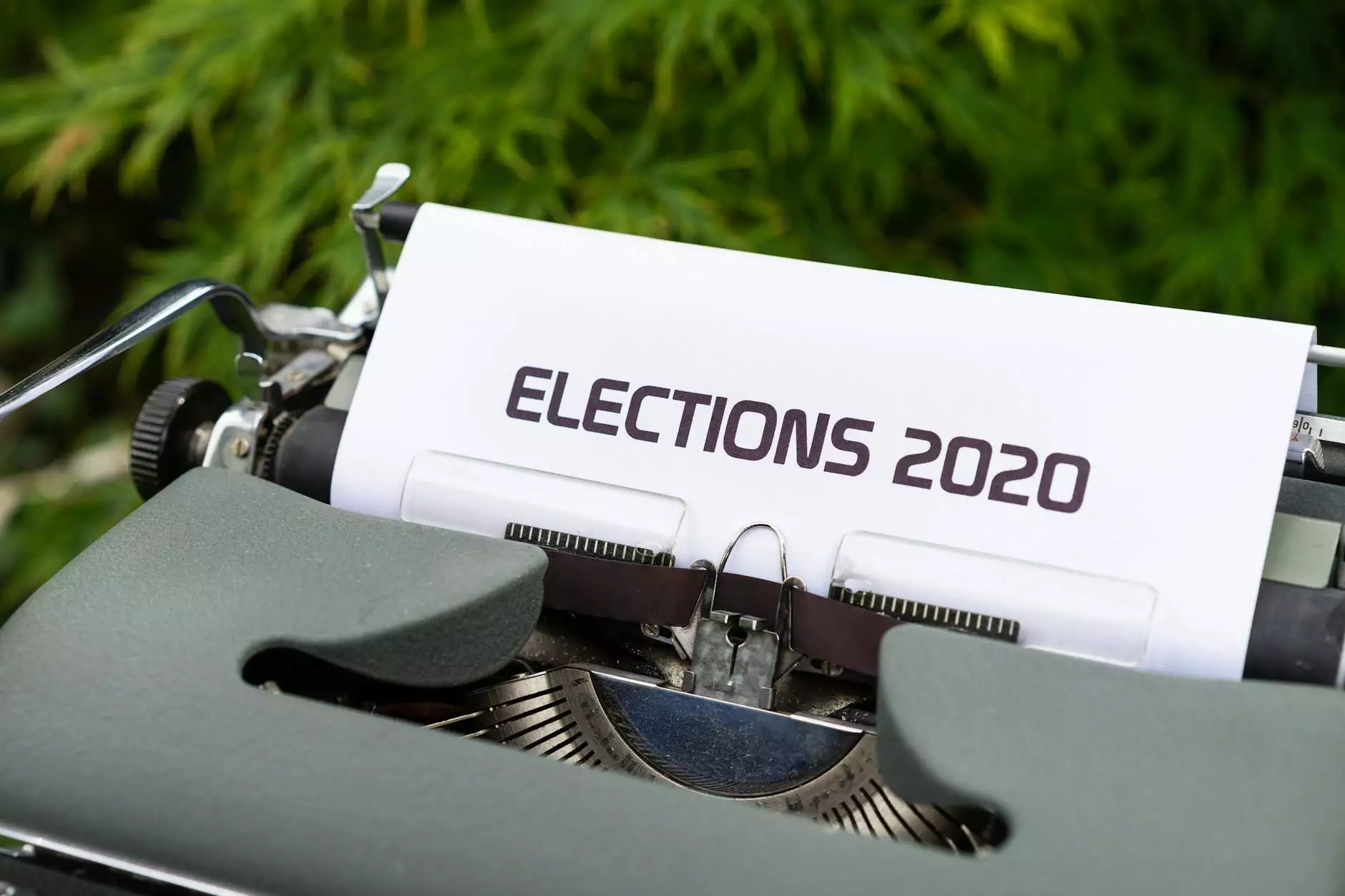Federal Trade Commission's Uber Consent Agreement Designates Geolocation Information as Personal

At Richardson Law Firm PC, we understand the importance of staying informed about legal matters that impact individuals and businesses in today's technology-driven world. In this article, we will delve into the Federal Trade Commission's (FTC) consent agreement with Uber, specifically focusing on how geolocation information has been designated as personal information. This decision sets a significant precedent in terms of data privacy and security.
The Background of the Case
In December 2017, the FTC reached a settlement with Uber following an investigation into the company's data privacy practices. The agreement came in response to allegations that Uber had deceived its riders and drivers by failing to adequately protect their personal information.
As a result of the investigation, the FTC found that Uber had engaged in unfair and deceptive acts or practices, violating Section 5(a) of the Federal Trade Commission Act. Among the allegations were claims that Uber had mishandled sensitive data, including geolocation information collected from users of their mobile app.
Geolocation Information as Personal Data
One of the most significant aspects of the FTC's consent agreement with Uber is the designation of geolocation information as personal data. Geolocation data refers to the specific geographic location of a device or user. This data is typically collected through GPS, IP addresses, Wi-Fi connections, or cell towers.
By classifying geolocation information as personal data, the FTC has recognized the unique risks and privacy concerns associated with this type of data collection. It ensures that companies like Uber are held accountable for protecting this information from unauthorized access, use, or disclosure.
The Implications for Data Privacy
The FTC's decision to designate geolocation information as personal data has wide-ranging implications for data privacy and security. It emphasizes the need for companies to implement robust data protection policies and practices, as well as obtain appropriate user consent for collecting and using this sensitive information.
Under the consent agreement, Uber is required to implement a comprehensive privacy program that addresses its collection, use, and disclosure of personal data. The company must also undergo regular independent audits to ensure compliance with this program.
Protecting User Rights and Data Security
As a law firm specializing in the intersection of law and government, Richardson Law Firm PC acknowledges the importance of protecting user rights and ensuring data security. Our team of legal professionals closely monitors developments in data privacy and security laws to provide expert analysis and advice to our clients.
We understand that businesses operating in the digital age must navigate complex legal frameworks, and we are here to provide guidance and support. Our attorneys have experience in data privacy regulation and can help your company establish robust compliance measures to safeguard user data and maintain consumer trust.
Conclusion
The Federal Trade Commission's consent agreement with Uber highlights the critical need for companies to prioritize data privacy and security. By designating geolocation information as personal data, the FTC reinforces the importance of safeguarding sensitive user information.
At Richardson Law Firm PC, we strive to empower our clients with up-to-date legal knowledge and insights. If your business requires assistance in navigating data privacy laws or handling privacy-related issues, our team is here to help. Contact us today to speak with one of our knowledgeable attorneys.









